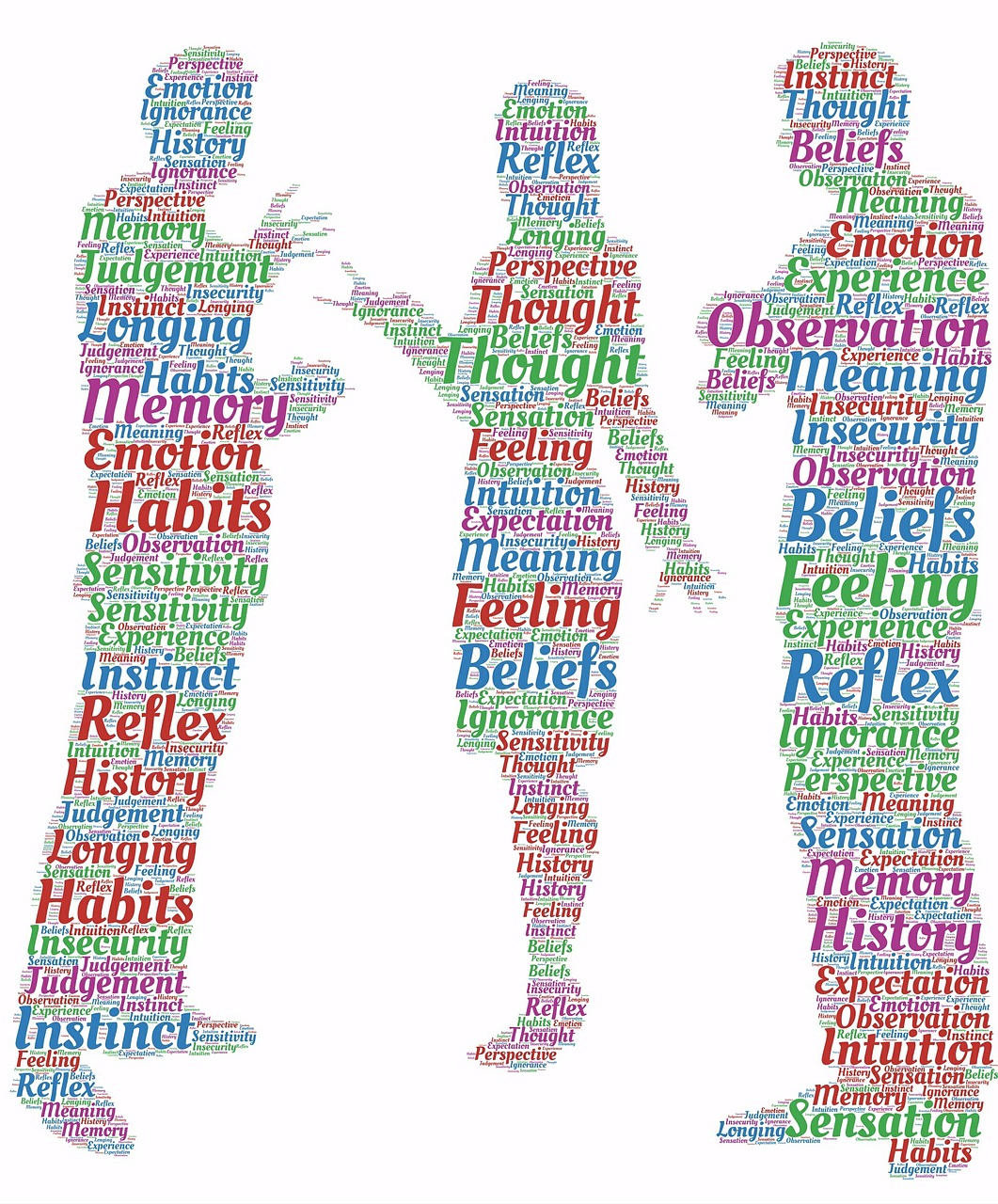In 2013, about 18% of children had some sort of learning disability. Learning disabilities can include everything from dyslexia and dyscalculia to certain social or emotional difficulties. For example, some characteristics of autism may be considered learning disabilities. If your child has a learning disability, learn ways to help him or her cope.
Emphasize Their Strengths
As with other disabilities, children who have learning disabilities often feel all the focus is on what they can’t do. They might show signs of poor self-esteem like saying, “I’m dumb” or “I can’t do anything.” One of the best ways to build confidence is to play to your child’s strengths. If she is an athlete, let her sign up for a church, school, or rec team. If he likes video games, let him play for limited periods, and get him interested in other forms of technology. Don’t take away interests or favorite things as punishment for low grades or poor social skills.
Be Your Child’s Advocate
Most school systems do the best they can, but some aren’t equipped to deal with learning disabilities. Or maybe their resources are inadequate. Explain exactly what your child needs as calmly as possible—over and over again if you need to. If a teacher or school system balks, explain why your child needs certain modifications and that you expect them to be provided. Your child may need an IEP or 504 plan; experts such as Partners in Policymaking can provide guidance for those.
Learn How Your Child Learns
Observe how your child takes information in. If she’s an auditory learner, have her read aloud or repeat spoken instructions back to you. If he’s visual, he may benefit from charts and graphs. If your child is a kinesthetic learner, look for learning activities that involve movement and a teacher who allows frequent movement in his or her class.










Leave a Comment
You must be logged in to post a comment.